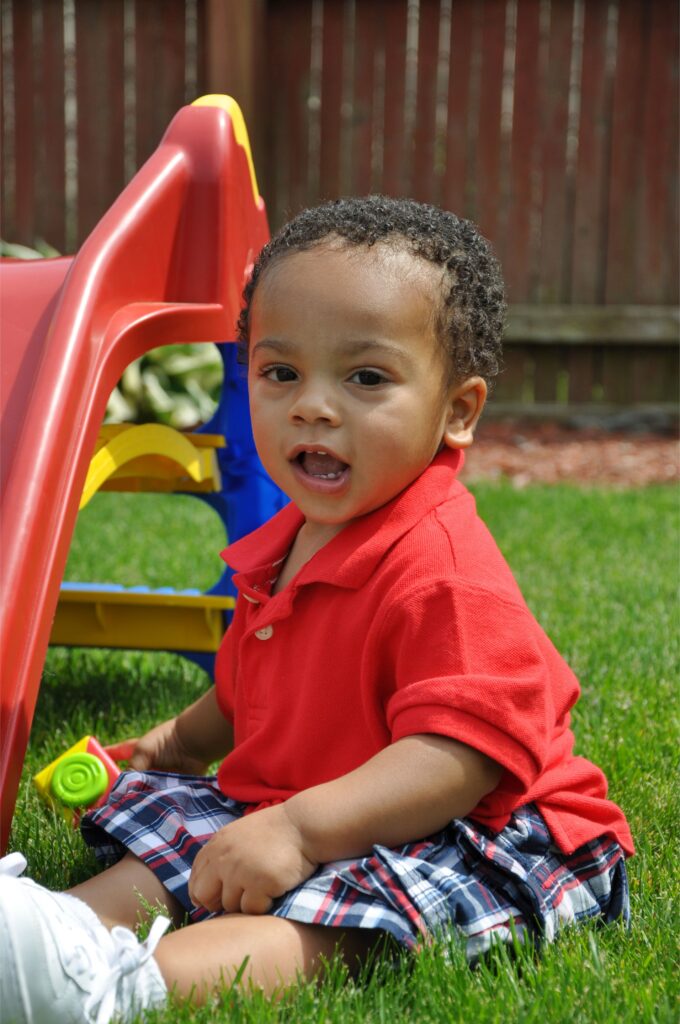
Our mission is to enable all children to succeed in school by providing resources and education to inspire a lifetime of learning and self-sufficiency. Mile High Early Learning is Denver’s oldest and largest provider of subsidized quality early childhood care and education —serving thousands of Denver’s most under-resourced children every year since 1970. Our guiding principles are:
· Every child deserves access to high quality early childhood learning experiences.
· Families and parents are key to children’s success in school and in life.
· Staff are valued as professionals with opportunities for ongoing professional development.
· As an inclusive, learning-centered organization, we embrace innovation, assessment, and reflection to continuously improve.
Through our programs and advocacy, we promote systems-level impacts that support and improve the field.

Children and Families Served
In the 2019-2020 academic year, Mile High Early Learning served 557 children at its early learning centers. 91% of families live at or below the Federal Poverty Level ($26,200 for a family of four).
A diverse mix of children: 2019-2020
· 47% Hispanic
· 31% African American
· 11% European American
· 9% Multi-racial
· 1% Asian/Pacific Islander
· 1% Native American
68% of families were single-parent households. In addition, Mile High Early Learning provides a full array of individual screenings for health, developmental, sensory and behavioral concerns so that needs can be identified and issues addressed early. Last year, 100% of students received early intervention learning screenings; and of the 56 children identified with special needs, all received services through an Individualized Education Plan or Individualized Family Service Plan.
Mile High Early Learning also operates two drop-in care centers, Denver Warm Welcome Court Child Care and Good Beginnings at Denver Human Services, in partnership with the City of Denver. The combined attendance at these two centers for the 2019-2020 academic year was 3,829 visits.